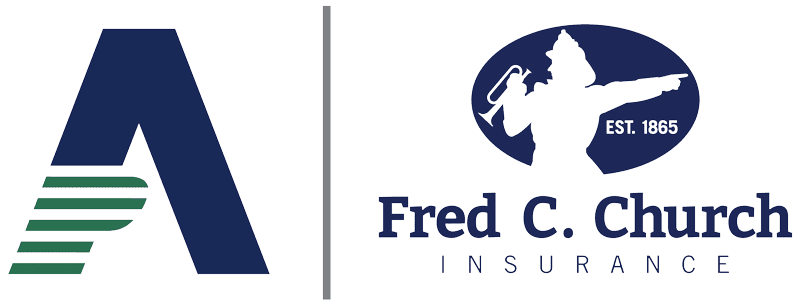December 2022 Employee Benefits Compliance Alert
Release Date: December 16, 2022
Reminder: New Health Plan Prescription Drug Reporting Mandate: First Report is Due December 27, 2022
1. What is the mandate?
The 2021 Consolidated Appropriations Act (CAA), signed by President Trump on December 27, 2020, among other things, requires self-funded group health plans1 and fully insured health plans to report specific data about prescription drug pricing (including prescription drug rebates) and healthcare spending to the federal government starting on December 27, 2022. The primary responsibility for the reporting will fall on health insurance companies who sell fully insured health coverage to employers in the group marketplace. Insurers and third-party administrators (TPAs) who manage self-funded health plans will do the reporting at the request of their clients.
2. Why is there a prescription drug reporting mandate?
It is a product of the No Surprises Act that was part of the CAA discussed above. The federal government (the departments of Labor, Treasury, and Health and Human Services specifically) will review the prescription drug and health coverage data to prepare a biannual publicly available report on prescription drug prices. It is hoped that the report will (a.) promote prescription drug pricing transparency and (b.) promote competition that can combat the high cost of prescription drugs.
3. What type of employers (who sponsor health insurance for their employees) must comply?
Employers of any size, who sponsor group health plans with prescription drug coverage. The term “group health plan” includes both insured and self-funded group health plans and includes private employment-based group health plans subject to ERISA, non-federal governmental plans (such as plans sponsored by states and local governments) and church plans.
IRS Finalizes Permanent Extension for Providing Forms 1095-C and 1095-B to Employees
In final regulations released on December 12, 2022, the IRS permanently and automatically extends the deadline for 30 days from January 31 each year for employers and insurers to furnish individual statements on health coverage and full-time employee status (Forms 1095-B and 1095-C) to their employees. This new requirement applies to the 2022 reporting and permanently extends the deadline to March 2nd.
Employers and plan sponsors should appreciate that the IRS has not extended the due date for filing the 1094 and 1095 forms with the IRS which remain February 28, 2023 (if filing by paper) or March 31, 2023 (if filing electronically). Employers filing 250 or more 1095-C forms must file electronically.
IRS Form 8809 is still available for employers seeking a 30-day extension if the from is submitted to the IRS before due date for either from 195-C or 1094-C.
More information form 8809: Irs.gov – About Form 8809.
Federal Government Announces a “Fix” To Facilitate the Purchase of Affordable Family Coverage: No New Coverage Mandate for Employers
1. The Problem
Since the passage of the Affordable Care Act (ACA), employers who have had to comply with the employer mandate have measured the affordability of the health insurance coverage they offer by utilizing the metric of affordable individual coverage offered… even if an employee declined individual coverage and elected family coverage. Moreover, so long as the individual health coverage offered by the employer was affordable, both the employee and members of the employee’s family members could not qualify for a subsidy/premium assistance under the ACA towards the purchase of family coverage through a local health insurance exchange or Healthcare.gov.
2. The Fix
Lacking the legislative authority to mandate that employers offer affordable family coverage, the IRS has issued a rule to fix the “family glitch” affordability challenge. The new IRS rule would allow family members (referred to as “related individuals”) of an employee to receive an ACA subsidy/premium assistance if employer-offered family coverage cost more than 9.61 percent of household income. The family members could then purchase family coverage on a marketplace exchange with the premium subsidy. The family would thus have to purchase two policies — one for the employee through the employer and one through the marketplace exchange for the remaining family members. The family glitch fix will be in effect as of 2023.
IMPORTANT: The IRS has stated that the new family glitch rule “would not change the affordability rule for employees.” Consequently, compliance with the ACA large employer mandate is still assessed on the affordability of an offer of individual coverage to a full- time employee.
More information on The Family Glitch Fix: Federalregister.gov – Affordability of Employer Coverage for Family Members of Employees
1 The reporting mandate also applies to individual health coverage sold by health insurers.
Note: This alert constitutes compliance advice from the Fred C. Church Agency as your employee benefits broker and does not establish an attorney-client relationship with the recipient, who is free to consult with legal or tax counsel of their own choosing.



